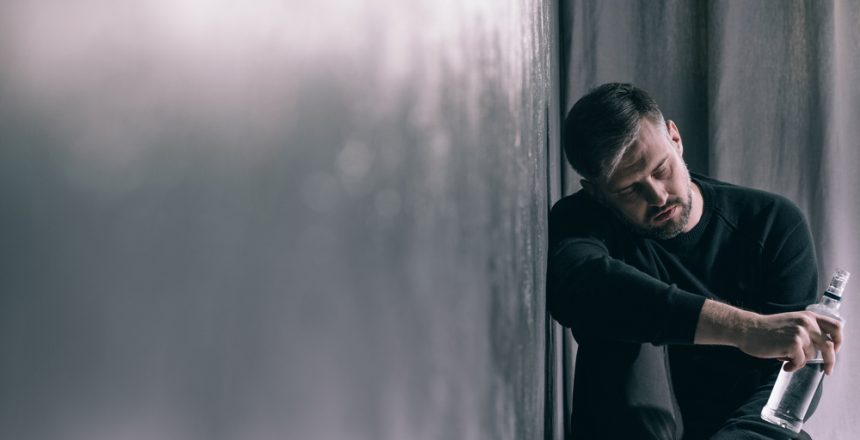When depression feels like an unshakable weight, it can leave you feeling lost, frustrated, and hopeless. For those living with treatment-resistant depression (TRD), these feelings are often magnified. TRD occurs when someone struggles with severe symptoms of depression that persist despite trying multiple therapies or medications. This ongoing battle can feel overwhelming, isolating, and unbearable—a storm without end.
In situations like this, people often resort to coping mechanisms that offer temporary relief but come at a significant cost. One of those avenues is substance use. The connection between treatment-resistant depression and addiction is a complex relationship driven by pain, desperation, and the hope of finding solace, however fleeting it might be.
At Liberty House Recovery Center, we understand how deeply intertwined these hardships can become. Our mission is to offer hope, healing, and compassionate care to those living with TRD and addiction, helping you or your loved one break free from this cycle and find lasting relief.
What Is Treatment-Resistant Depression?
Depression is more than simply feeling sad or having a rough day; it’s a profound mental health condition that touches every corner of your life—how you think, feel, and act. For many people, antidepressants, therapy, or other forms of treatment can ease these symptoms and lead to recovery.
Treatment-resistant depression, however, takes a different path. TRD is a form of depression that lingers despite efforts to manage it through at least two different therapeutic interventions, such as medication trials or talk therapy. Individuals might feel little to no relief, and the pain caused by TRD can become emotionally exhausting, chipping away at their hope for recovery.
How Does Treatment-Resistant Depression Lead to Addiction?
Treatment-resistant depression and addiction collide as both conditions put these individuals in a difficult position: they are searching for something, anything, that might help alleviate the heaviness of their symptoms. In that search, substance use often feels like a fast and accessible solution. However, rather than soothing the storm, substances often intensify the damage, creating additional challenges and obstacles to recovery.
1. Self-Medication
When the prescribed methods of managing depression fail to provide relief, many individuals turn to alcohol or drugs in an attempt to escape their symptoms. Substances such as alcohol, stimulants, or opioids may temporarily dull the emotional pain, create bursts of energy, or facilitate sleep. These effects, while fleeting, give the illusion of control over depression—even as the impact of substance use worsens symptoms and leads to dependency.
2. Neurochemical Instability
Both depression and addiction create changes in how the brain processes neurotransmitters, such as dopamine and serotonin, which affect mood and emotional regulation. When substances enter the equation, these neurochemical imbalances become more pronounced, creating even higher levels of anxiety, guilt, and hopelessness over time. The result is often a vicious cycle, where untreated depression drives substance use, and substance use exacerbates depression.
3. Isolation and Despair
Living with treatment-resistant depression often comes with profound feelings of alienation and worthlessness. Substance use may initially appear to lessen these feelings, but in reality, it deepens them. Addiction amplifies emotional struggles, strains relationships, and leaves individuals feeling even more disconnected from others.
4. Barriers to Care
The stigma surrounding both mental illness and addiction can prevent individuals from seeking the help they need. It can be difficult to ask for help when depression tells you that nothing will work—and addiction convinces you that you’ve already failed. This is why a compassionate and integrated approach to treatment is so vital.
A Path to Healing: Dual Diagnosis Care
At Liberty House Recovery Center in Michigan, we offer specialized care for individuals navigating the connection between treatment-resistant depression and addiction. This type of integrated care is referred to as dual diagnosis treatment, an approach that addresses both conditions simultaneously, creating pathways to lasting stability.
Our Approach to Treatment
Comprehensive Assessment
We start by gaining a full understanding of your experience, capturing the unique challenges of living with TRD and addiction. From physical health concerns to emotional stressors, we assess every aspect of your mental health to create a personalized treatment plan.
Medication Management
For individuals with treatment-resistant depression, traditional approaches may need to be adjusted. Our team works with you on exploring alternative medications or combinations that can help alleviate symptoms. These plans are carefully monitored to ensure safety and effectiveness.
Psychotherapy
Talk therapy is a cornerstone of the recovery process. Modalities like Cognitive Behavioral Therapy (CBT) and Dialectical Behavior Therapy (DBT) help individuals identify negative thought cycles, find healthier coping mechanisms, and rebuild resiliency.
Dual Diagnosis Care
We treat addiction and mental health together, ensuring that both disorders receive equal attention in your recovery plan. By addressing how substance use affects depression (and vice versa), we help clients develop meaningful strategies for moving forward.
Holistic Support
Recovery is about more than managing symptoms—it’s about rebuilding your relationship with yourself, finding balance, and embracing personal growth. We offer mindfulness training, yoga sessions, nutrition guidance, and recreational supports, all designed to help you find peace and joy again.
Levels of Care
Whether you need the structured support of inpatient treatment or the flexibility of outpatient care, we offer a range of levels designed to meet your needs. Recovery is a personal journey, and we’re here to walk it with you every step of the way.
Overcoming Fear and Finding Hope from Treatment-Resistant Depression and Addiction
If you or a loved one is struggling with treatment-resistant depression and addiction, we want you to know one simple truth: you are not alone. These challenges, while difficult, are not insurmountable. With proper care, understanding, and support, you have the ability to break free from this cycle and rediscover a sense of stability and peace in your life.
At Liberty House Recovery Center in Fenton, Michigan, we provide the comprehensive care needed to help individuals reclaim their lives from depression and addiction. Our team is built on compassion, empathy, and expertise—we understand the struggles you are facing, and we are here to help guide you through them.
Contact Us Today
Don’t let treatment-resistant depression and addiction define your story. Reach out to Liberty House Recovery Center for the best mental health treatment for anxiety and co-occurring conditions in Michigan. Call today or fill out our contact form to learn more about our programs and how we can help you or your loved one. Recovery is closer than you think—it starts with a single step. Let us take that step with you.


